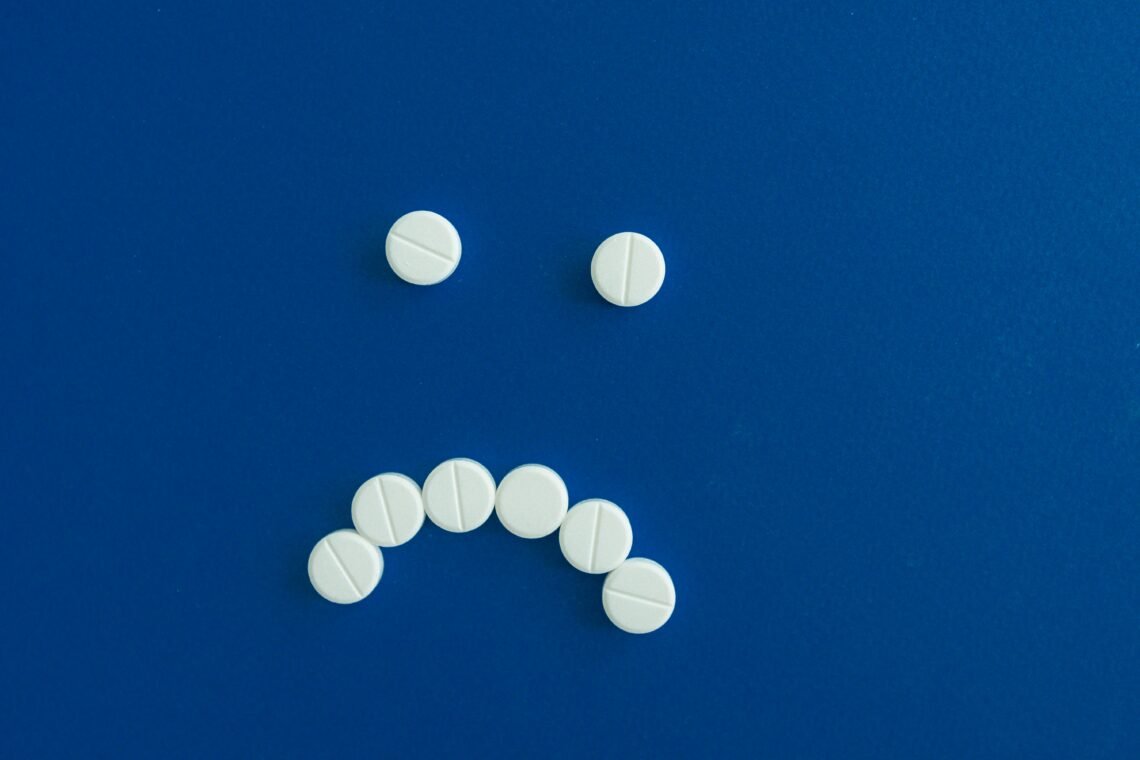Antidepressants play a crucial role in treating depression, anxiety, and other mental health conditions, helping millions of people regain emotional balance. However, one of the most common side effects of these medications is a change in sexual desire and function. While not everyone experiences these effects, understanding how antidepressants impact libido can help individuals manage their sexual health while benefiting from treatment.
1. Why Do Antidepressants Affect Libido?
Antidepressants, particularly Selective Serotonin Reuptake Inhibitors (SSRIs) and Serotonin-Norepinephrine Reuptake Inhibitors (SNRIs), work by increasing serotonin levels in the brain. Serotonin is responsible for stabilizing mood, but it can also:
- Reduce sexual desire (libido).
- Make it harder to achieve arousal or orgasm.
- Cause erectile dysfunction or vaginal dryness.
Since serotonin helps regulate emotions, higher levels can sometimes dampen sexual excitement, leading to decreased interest in sex.
2. Types of Antidepressants and Their Impact on Libido
Different classes of antidepressants have varying effects on sexual function:
- SSRIs (e.g., Prozac, Zoloft, Paxil) – Most commonly associated with reduced libido and delayed orgasm.
- SNRIs (e.g., Effexor, Cymbalta) – Can also cause sexual side effects, though sometimes to a lesser extent.
- Tricyclic Antidepressants (TCAs) & MAOIs – Older antidepressants that can impact sexual desire but are less commonly prescribed today.
- Atypical Antidepressants (e.g., Wellbutrin, Mirtazapine) – These have fewer sexual side effects and, in some cases, may even enhance libido.
3. How to Manage Antidepressant-Induced Sexual Side Effects
If you notice changes in your libido while taking antidepressants, consider these strategies:
- Talk to Your Doctor – They may adjust your dosage or switch to a medication with fewer sexual side effects.
- Try Different Timing – Taking your medication at a different time of day may help reduce its impact on sexual function.
- Incorporate Lifestyle Changes – Regular exercise, stress management, and open communication with your partner can improve overall sexual well-being.
- Consider Medication Adjustments – In some cases, adding a second medication (such as Wellbutrin) may help counteract sexual side effects.
4. Balancing Mental Health and Sexual Well-Being
While sexual health is important, prioritizing mental well-being is crucial. If antidepressants are improving your quality of life but affecting your libido, finding the right balance with the help of a healthcare provider is key. Open discussions about concerns and potential alternatives can help maintain both mental and sexual health.
Conclusion
Antidepressants can impact libido in various ways, but these side effects are manageable with the right approach. By understanding how different medications affect sexual function and exploring possible solutions, individuals can maintain a fulfilling sex life while benefiting from mental health treatment.






Comments by